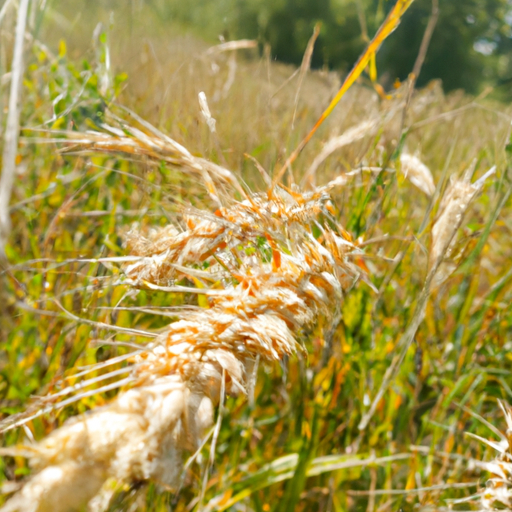As a caregiver for your beloved pet, you always make sure to provide them with the best. You understand the importance of a well-balanced, nutritious diet for your dogs. While we know that dogs love their meat, you may be surprised to learn that certain vegetables can also be beneficial for their health.
1. Green Beans
Green beans are a fantastic source of vitamins K, C, and manganese. They are low in calories and high in dietary fiber, making them an excellent addition to your dog’s diet.
- Vitamin K: Helps with blood clotting and bone metabolism.
- Vitamin C: Boosts your dog’s immune system, helping them fight off illness.
- Manganese: Aids in the metabolism of proteins and carbohydrates, supports the production of energy and boosts bone health.
| Nutrient | Benefit |
|---|---|
| Vitamin K | Blood clotting and bone metabolism |
| Vitamin C | Boosts immune system |
| Manganese | Aids in metabolism and boosts bone health |
2. Carrots
Carrots are a fantastic source of beta carotene, a precursor to vitamin A, which is crucial for your dog’s vision, growth, and immune system.
- Beta Carotene: Converted to vitamin A, which is necessary for your dog’s vision and immune system.
- Fiber: Is beneficial for your dog’s digestive health.
| Nutrient | Benefit |
|---|---|
| Beta Carotene | Supports vision and immune system |
| Fiber | Aids in digestive health |
3. Peas
Peas are another excellent vegetable that you can incorporate into your dog’s diet. They are a good source of vitamins A, K, and B1, as well as potassium.
- Vitamin A: Promotes good vision.
- Vitamin K: Aids in blood clotting and bone health.
- Vitamin B1: Essential for your dog’s metabolism.
| Nutrient | Benefit |
|---|---|
| Vitamin A | Supports vision |
| Vitamin K | Supports blood clotting and bone health |
| Vitamin B1 | Aids in metabolism |
4. Pumpkin
Pumpkin is a powerhouse of nutrients. It’s packed with vitamins A, C, E, potassium, and dietary fiber.
- Vitamins A, C, E: These vitamins are antioxidants and they help boost your dog’s immune system.
- Potassium: This mineral is essential for your dog’s heart health.
- Dietary Fiber: Helps improve your dog’s digestive health.
| Nutrient | Benefit |
|---|---|
| Vitamins A, C, E | Boosts immune system |
| Potassium | Supports heart health |
| Dietary Fiber | Aids in digestive health |
5. Sweet Potatoes
Sweet potatoes are another excellent addition to your dog’s diet. High in dietary fiber, they are also a good source of vitamin A, B6, C, and manganese.
- Vitamin A: Essential for vision.
- Vitamin B6: Helps in the production of red blood cells.
- Vitamin C: Boosts your dog’s immune system.
- Manganese: Aids in metabolism and bone health.
| Nutrient | Benefit |
|---|---|
| Vitamin A | Supports vision |
| Vitamin B6 | Helps in production of red blood cells |
| Vitamin C | Boosts immune system |
| Manganese | Aids in metabolism and bone health |
FAQs
-
Can I feed my dog any vegetable I want?
No, not all vegetables are safe for dogs. Some, like onions and garlic, can be toxic. -
Are canned vegetables as good as fresh ones for dogs?
Fresh is always best, but canned vegetables can be a convenient alternative. Just ensure they’re free of added salt and preservatives. -
How much vegetables should I give my dog?
Vegetables should not make up more than 10% of your dog’s diet. Always consult with your vet for personalized advice. -
Can I replace my dog’s meals with vegetables?
No, vegetables should only be a supplement to a balanced dog diet, not a replacement. -
What’s the best way to serve these vegetables to my dog?
Most dogs prefer their veggies cooked and mashed. But every dog is unique, so feel free to experiment with different preparation methods.



